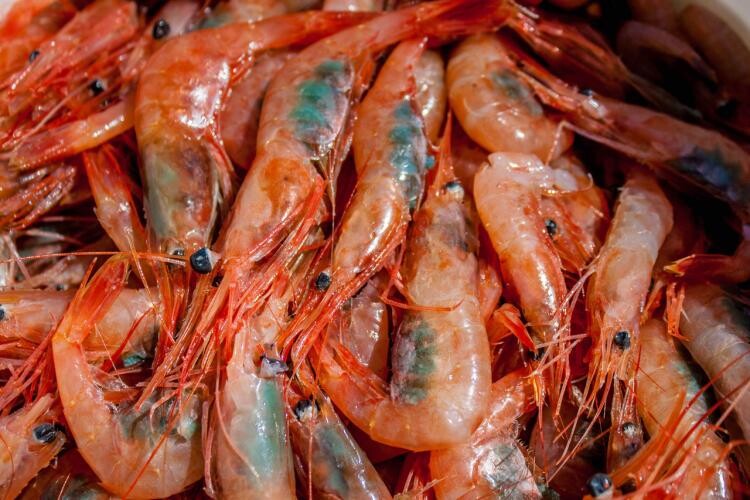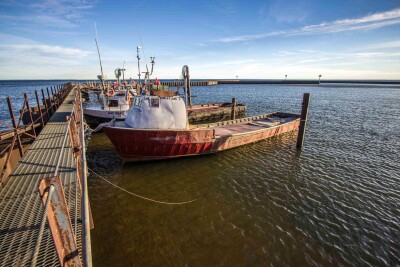For more than a decade, the sweet, pink Maine shrimp has been little more than a memory for fishermen and seafood lovers alike. Once a staple of a winter fishery, the northern shrimp has vanished from docks and dinner tables across New England, its fishery shut down due to warming waters and dwindling biomass.
This winter, there was hope-tempered but real that the tides might shift in favor of Maine shrimpers. A limited test fishery allowed seven veteran Maine fishermen to haul small catches in the name of science, raising spirits along the state’s coast. Still, the results were disappointing, and the waiting game continues.
Gary Libby, a commercial fisherman in Port Clyde, Maine, was among those hopeful for better news. Libby, who began fishing at the age of 18 and now chairs a regulatory shrimp advisory panel, told Marketplace reporter Caroline Losneck he’s long advocated for more comprehensive, year-round sampling to better understand the species’ health. But with little sign of recovery, Libby has shifted his winter focus to maintaining gear for other fisheries.
“This is what I do in the winter when I’m not fishing: try to keep my gear in good shape,” Libby told Losneck, speaking from his workshop.
The shrimp fishery, once an economic cushion during winter’s leaner fishing months, officially closed 11 years ago. Libby recalled pulling 1,000 pounds of shrimp daily during the 1980s and 1990s. By the early 2000s, he was landing 5,000 to 6,000 pounds a day, and all at a going rate of just 50 cents per pound.
“Shrimp was just such a part of our winter culture here,” said Ben Martens, executive director of the Maine Coast Fishermen’s Association, told Losneck.
The fishery’s cultural imprint lingers even as the species has grown scarce. Along Route 1, it wasn’t long ago that roadside signs advertised fresh shrimp by the pound. At its peak in 1996, shrimp accounted for roughly 6 percent of Maine’s seafood earnings. For fishermen who don’t venture offshore in the winter, shrimp once filled a vital niche.
There was much excitement around the small-scale 2024 survey fishery. Participants would be paid for their catch, and communities buzzed with hope. “There was a lot of excitement,” Martens told Marketplace. “They picked the right people to go out and chase those shrimp.”
But as Martens shared, even the most seasoned captains came up short. Many fishermen declined to participate altogether, citing years of discouraging scientific data.
Read the full story on Marketplace here.







